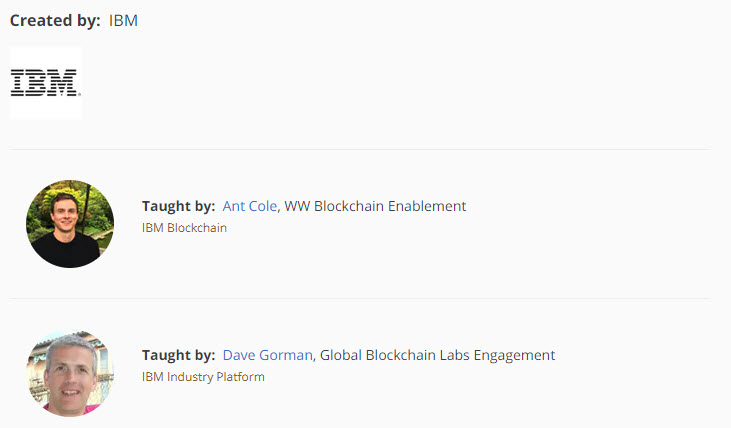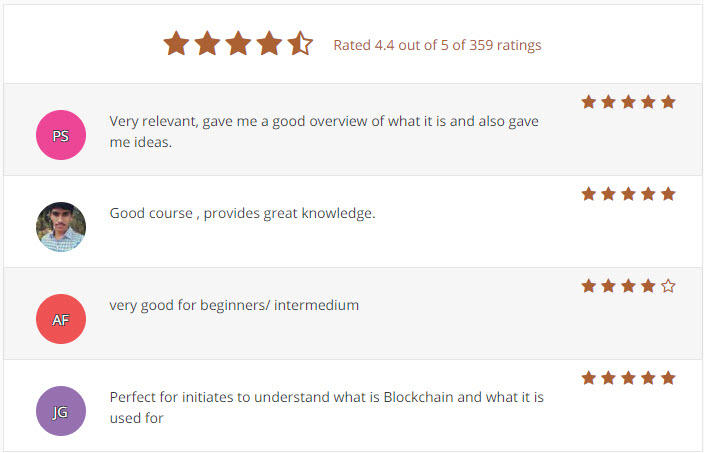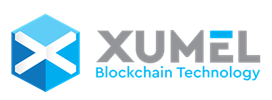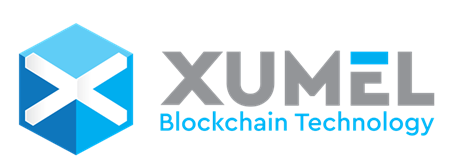How to Become a Blockchain Developer
Want to Become a Blockchain Programmer?
IBM Blockchain Foundation for Developers
When you complete the course, you should understand what a blockchain business network is, how to build and model a simple blockchain solution, and the role of the developer in creating blockchain applications.
If you successfully complete the course, you’ll receive a certificate of completion. You’ll need to pass several end-of-section quizzes and a final exam that include multiple choice, true and false, and fill in the blank questions.
Please note, this course does not cover Bitcoin or cryptocurrency in detail.

Week 1 – Introduction
In this module, you’ll get an overview of the entire course including prerequisite software and hardware. You will also get introduced to IBM Blockchain. The week will consist of 5 videos, 4 readings, 5 practice quizzes and concludes with a section quiz.
Week 2 – Leverage Blockchain Benefits
This module describes the ways in which Blockchain can help you build more secure and efficient business networks. The week will consist of 6 videos, 1 reading, 6 practice quizzes and concludes with a section quiz.
Week 3 – Transform Your Business with Blockchain
In this module, you’ll get an overview of IBM and the Hyperledger Project, and get an introduction to Hyperledger Composer, a tool that helps you quickly model and build blockchain business networks. You’ll also use Hyperledger Composer to model a simple business network that transfers a car among buyers, sellers, and other network participants. The week will consist of 4 videos, 3 readings, 5 practice quizzes and concludes with a section quiz.
Week 4 – Blockchain Compressed
Take a deeper dive into Hyperledger Composer, understand its underlying structures, and use it to model a simple car auction network. The week will consist of 5 videos, 2 readings, 6 practice quizzes and concludes with a section quiz.
Week 5 – Blockchain Fabric Development & Architecture
In this module, you’ll learn more about the components of a Blockchain solution and about the roles of people who model, build, and maintain that blockchain solution. You’ll also learn to use command-line tools to build a simple application in JavaScript that queries and updates a prepopulated blockchain network ledger. You’ll also learn more about the architecture of a Blockchain network and about key considerations for developers, administrators, and network consensus. You’ll also get hands-on experience working with a sample Hyperledger Fabric network that includes two organizations, two peer nodes, and an ordering service. The week will consist of 6 videos, 2 readings, 8 practice quizzes, and concludes with a section quiz.
Week 6 – Wrap Up
A review and final quiz for certification.
Blockchain Developer Frequently Asked Questions
When will I have access to the course material?
What if I need additional time to complete the course?
What comes with the course?
Can I take the course for free?
Is there a refund policy?
Is financial aid available?
Blockchain Developer Course Reviews



